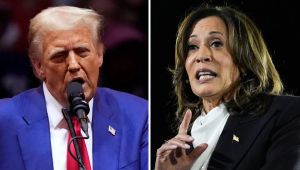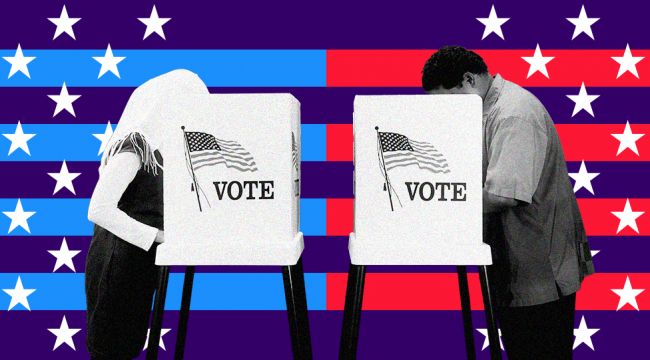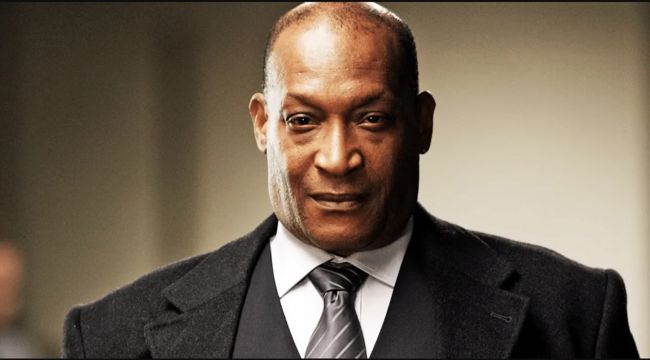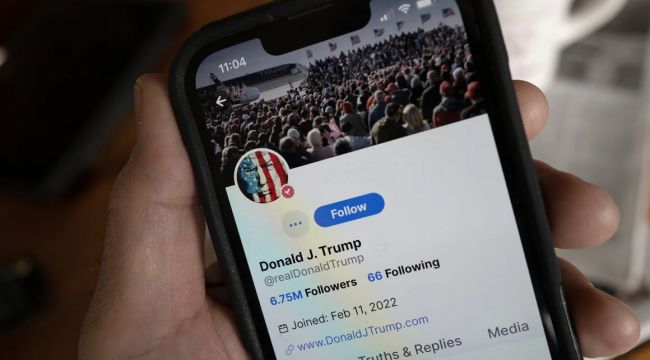tical analyst Audrey Perry Martin notes that battleground states, although not perfect reflections of the national population, are often closer to it than major metropolitan centers.
For example, blue-collar workers were a crucial voting bloc in delivering Michigan in 2016, while in 2020, minority voting groups like Latter-day Saint women in Arizona made a significant impact. Georgia, where Black voters make up roughly 30% of the electorate, has also become pivotal. The system's design allows these minority voices to be heard and requires candidates to consider the needs of smaller, diverse coalitions across the country. Unlike a direct popular vote, which could easily lead to endless runoffs in close races, the Electoral College often delivers decisive outcomes and clear mandates.
While some argue that the Electoral College theoretically favors smaller states, the prevalence of the "winner-takes-all" approach ensures that populous states like Florida and Texas maintain influence. With these dynamics, even small shifts in votes can swing results significantly in large states, making them hard to overlook.
Challenges to Democracy: The Case for One Person, One Vote
Despite these arguments, many Americans continue to question the Electoral College’s fairness. Criticism has been present since the 1960s, when civil rights activists saw it as a tool of the old political guard. In 1970, a strong bipartisan proposal to replace the Electoral College with a popular vote was blocked by a Senate filibuster, reflecting resistance to change.
One persistent criticism is that it diminishes the value of individual votes, especially in heavily populated areas. Due to the mechanics of electoral vote allocation, a vote in sparsely populated Wyoming is effectively worth more than a vote in California. This imbalance stems from the original compromise, which also included the Three-Fifths Compromise, a factor that inflated the representation of Southern states reliant on slavery.
Further, the Electoral College concentrates power in a few swing states, making the majority of Americans’ votes almost irrelevant. In the 2012 election, for instance, only six states had close margins, rendering the votes of most Americans inconsequential. This focus on battleground states can amplify fringe or extreme views and reduce broader representation. E.J. Dionne Jr., a columnist for The Washington Post, likens it to a baseball game won by innings instead of runs, a setup that can feel arbitrary to many voters and discourages participation.
According to Dan Glickman, former U.S. Secretary of Agriculture, the Electoral College no longer aligns with America’s commitment to equal voting rights. With 65% of Americans now supporting a direct vote, critics argue that the Electoral College could be replaced by a fairer system that reflects the national popular will.
The Future of the Electoral College: Reform or Rejection?
As America continues to grow and become more urbanized, the Electoral College remains a subject of intense debate. Supporters value its role in promoting geographic diversity and coalition-building, while opponents see it as an outdated institution that restricts democratic representation. Whether the Electoral College is a protective measure for small states or an anachronism that hinders democracy, its future may depend on whether the country believes it should prioritize federalism over a more direct representation of the people.




























COMMENTS